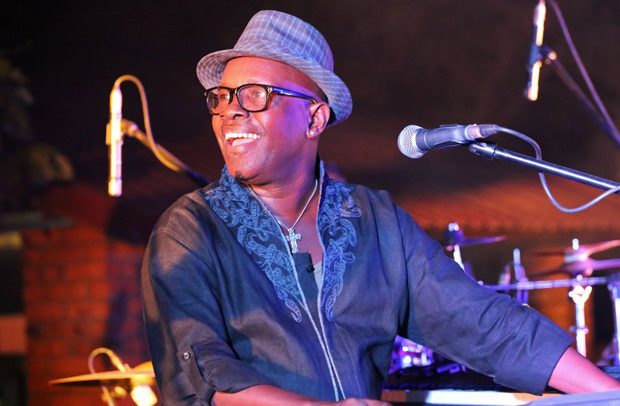Bessa Simons, Acting MUSIGA President
A group of aggrieved Ghanaian musicians have welcomed the decision of the Ghana Music Right Organisation (GHAMRO) to stop radio and television stations from using music for commercial purposes without royalties to the owners.
The move is part of measures to strengthen the economic power of musicians and sustain creativity in the music industry.
The musicians, in separate interviews with BEATWAVES, said the radio and television stations that use music in running their commercial ventures have a responsibility of ensuring they are licensed and in effect pay royalties to remunerate the hard work of the owners of the musical works.
They stated that under the Legislative Instrument 2005 (Act 690), anybody using music to enhance his or her business outside the perimeters of his or her home would have to pay a required royalty or tariff to be determined by the Ghana Music Right Organisation (GHAMRO).
The musicians advised GHAMRO to take legal action against music users which include the radio and television stations, hotels, nightclubs, among others for nonpayment of royalties.
The acting President of the Musicians Union of Ghana (MUSIGA), Bessa Simons, told BEATWAVES the broadcasting stations for years have been reaping the rights of musicians because they don’t pay for the songs they play on their networks.
He pointed out that failure to pay royalties to music right owners means that the right owners are being deprived of their daily bread.
He declared that GHAMRO should apply the law against music users whose lack of respect for intellectual property continues to impoverish right owners.
Mr. Simons stressed that the attitude of radio and television stations as well as other music users not wanting to pay to use music was an obstacle to the progress of the music industry in the country.
He argued that most of the radio and television stations had defaulted in the payment of royalties for years in spite of prompting them to pay.
He said GHAMRO should not spare any music user who refuses to obtain license as well as pay royalties to the right owners.
He urged GHAMRO to adopt other strategies to retrieve its moneys from broadcasting networks as well as other music users who have also refused to pay royalties.
He, however, called for a cordial atmosphere between rights owners and users of musical works to help Ghanaian music to thrive both locally and internationally.
By George Clifford Owusu


